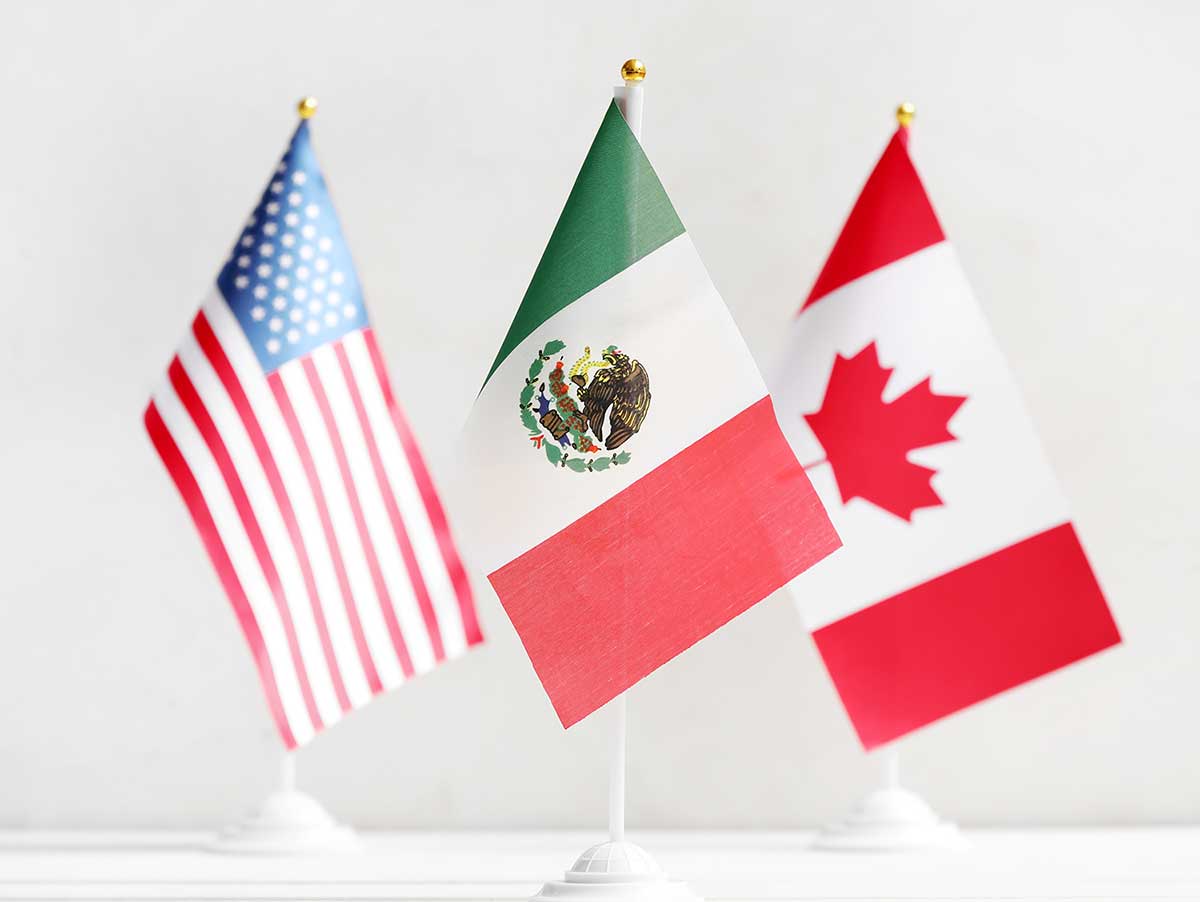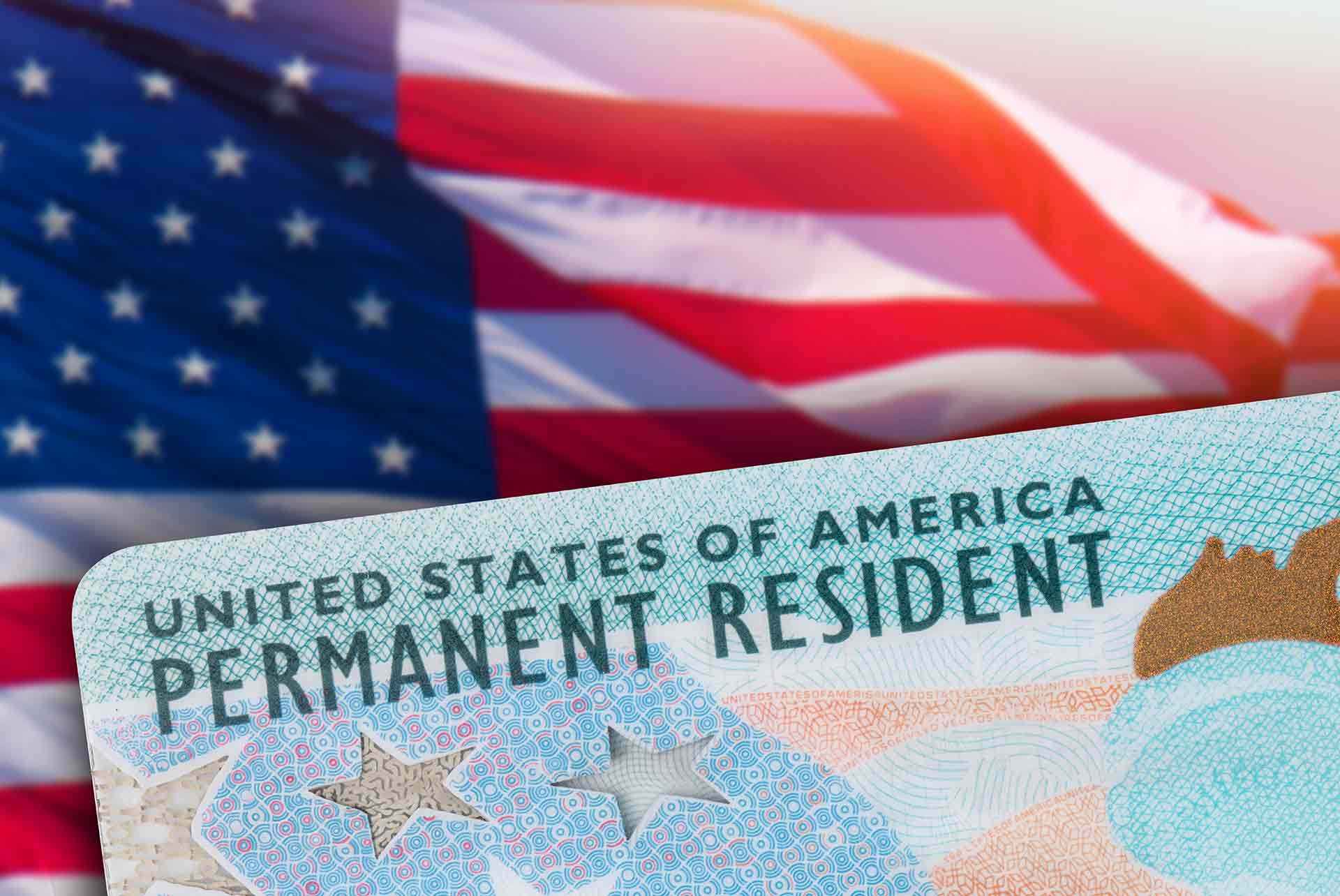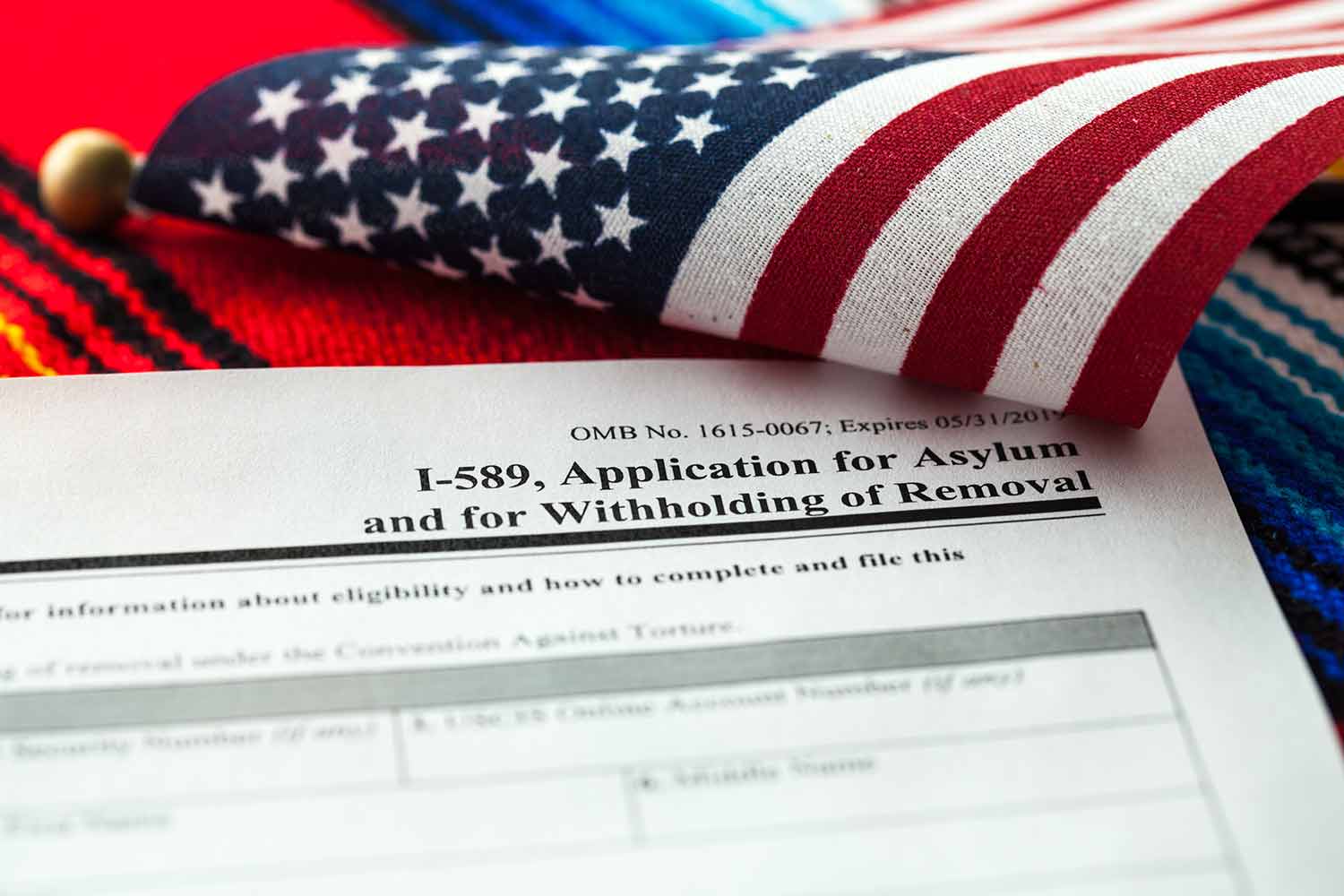“I am a
U.S. citizen, and my minor daughter still lives in Brazil. She has a daughter (my granddaughter) and my daughter is not married to her daughter’s father. If I sponsor my daughter for a green card, can she bring my granddaughter to the U.S. with her?”
As a U.S. Citizen, can I petition for my daughter and granddaughter for their green card?
You can petition for your daughter immediately, but your granddaughter will have to wait. Your daughter is considered an “immediate relative” relationship. Immediate relatives include the spouse, parents, and unmarried, minor children of U.S. citizens. Derivatives, or other family relationships, are not included in the immediate relative category.
The U.S. citizen must be able to directly file a visa petition (Form I-130) for every person that he or she wants to help immigrate. Unfortunately, the law does not recognize grandchildren of U.S. citizens as a qualifying relationship.
However, there are a few strategies that might help your daughter avoid separation from her child, but it will mean that her path to a green card will take much longer.
The 21st Birthday
The first strategy is for your daughter to wait until she is 21 years old for her to immigrate. In this scenario, she will not be an “immediate relative,” and will be classified in the (F1)
visa preference category. These relatives are allowed to bring their derivatives (spouse and unmarried minor children) with them to the U.S. The only issue with this strategy is that there is an annual limit on the F1 category. This means it will likely take several years after you file the I-130 for your daughter to proceed with her green card application.
Wait for your daughter to get married
Another similar possibility is to wait until your daughter gets
married, in which case she would be classified under the (F3) visa category. This would allow her to bring her spouse and child to the U.S. with her. But, the waiting time in this category is even longer than in the F1.
Purdy Law Immigration Attorney
Immigration law is constantly changing and what we have addressed above are strategies to help unite your family in the U.S. quicker. It’s important to remember that every case is different. In order to fully understand the complexities of each case, you should consult with our licensed U.S.
immigration attorney. The family law team at Purdy Law is ready to
schedule your consultation today!




